10 Workhorse Health Care Stocks That Never Break a Sweat


Profit and prosper with the best of Kiplinger's advice on investing, taxes, retirement, personal finance and much more. Delivered daily. Enter your email in the box and click Sign Me Up.
You are now subscribed
Your newsletter sign-up was successful
Want to add more newsletters?

Delivered daily
Kiplinger Today
Profit and prosper with the best of Kiplinger's advice on investing, taxes, retirement, personal finance and much more delivered daily. Smart money moves start here.

Sent five days a week
Kiplinger A Step Ahead
Get practical help to make better financial decisions in your everyday life, from spending to savings on top deals.

Delivered daily
Kiplinger Closing Bell
Get today's biggest financial and investing headlines delivered to your inbox every day the U.S. stock market is open.

Sent twice a week
Kiplinger Adviser Intel
Financial pros across the country share best practices and fresh tactics to preserve and grow your wealth.

Delivered weekly
Kiplinger Tax Tips
Trim your federal and state tax bills with practical tax-planning and tax-cutting strategies.

Sent twice a week
Kiplinger Retirement Tips
Your twice-a-week guide to planning and enjoying a financially secure and richly rewarding retirement

Sent bimonthly.
Kiplinger Adviser Angle
Insights for advisers, wealth managers and other financial professionals.

Sent twice a week
Kiplinger Investing Weekly
Your twice-a-week roundup of promising stocks, funds, companies and industries you should consider, ones you should avoid, and why.

Sent weekly for six weeks
Kiplinger Invest for Retirement
Your step-by-step six-part series on how to invest for retirement, from devising a successful strategy to exactly which investments to choose.
Health care stocks – and pharmaceutical makers in particular – recently dodged a bullet when President Donald Trump unveiled a relatively benign overhaul to the nation’s health care system with the ultimate aim of lowering costs to costs.
Granted, the industry isn’t entirely sure what bullet it dodged, in that these companies weren’t sure what was in the works. The specifics of Trump’s plans have yet to be fully fleshed out, too. But the fact that the conversation took place at all underscores the notion that many, many eyes are scrutinizing the sector’s healthy bottom lines.
What if, however, there was a sliver of the health care sector that really was relatively immune to the politicization of the business, and was resistant to economic cycles?
As it turns out, there is.
No company is outright bulletproof. However, a wide swath of these organizations are amazingly reliable revenue and profit producers. Here’s a closer look at 10 top health care stocks you can count on in good times and bad.
Data is as of May 23, 2018. Dividend yields are calculated by annualizing the most recent quarterly payout and dividing by the share price.

Merck
- Market value: $158.9 billion
- Dividend yield: 3.2%
It’s predictable, almost to the point of being cliché, to peg drugmaker Merck (MRK, $59.17) as one of the health care sector’s most reliable names. But it’s big for a reason, and it has been around forever for the same reason: Merck’s drug portfolio is arguably more diversified than any other pharma company’s, and it’s constantly refreshing its menu.
The hard numbers: During the first quarter of 2018, Merck drove $10 billion worth of revenue. Its best-selling drug, cancer treatment Keytruda, saw triple-digit year-over-year sales growth, yet still accounted for a little less than 15% of the company’s total sales. Type 2 diabetes treatment Januvia made up about 14% of its total revenue, and the remainder of its sales were rather well divvied up among eight other drugs. Also, 20% of Merck’s business comes from the animal-care market. This diversity translates into consistency.
But don’t think for a minute that Merck can’t brilliantly swing for the fences when the opportunity is right. It joined the Schering-Plough pipeline when it acquired Organon back in 2007, which became part of the Merck pipeline when it bought Schering-Plough back in 2009. In neither instance was Keytruda a touted selling point, but Merck seemed to spot its true blockbuster potential early on.
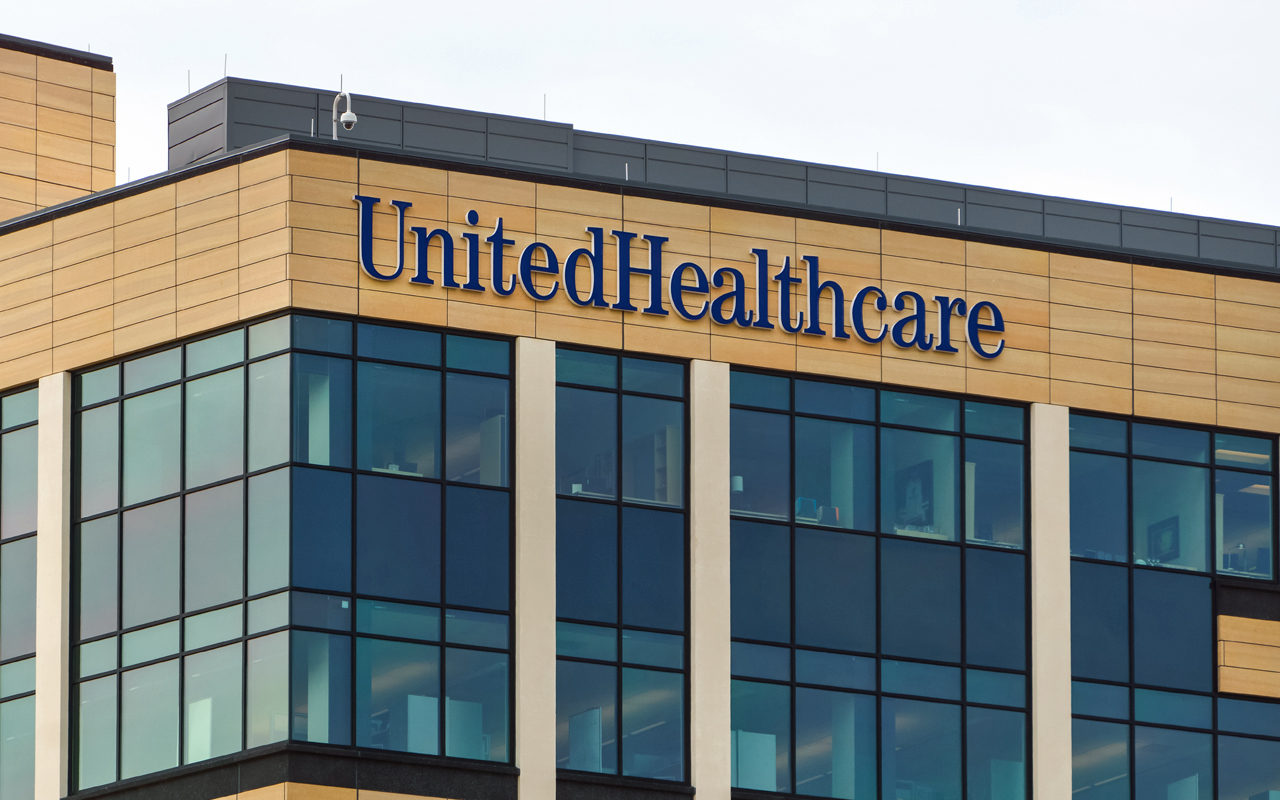
UnitedHealth Group
- Market value: $233.6 billion
- Dividend yield: 1.2%
Which health care stocks are best positioned to perpetually capitalize on the need for medical care? The proverbial gatekeepers, of course – the insurers (though they prefer to be called health plan providers).
Topping that list of health plan providers investors can rely on is the country’s biggest – UnitedHealth Group (UNH, $244.26). Before and after the rise and fall of the Affordable Care Act and now heading into the unknown, the insurer has logged a decade’s worth of year-over-year revenue growth. Earnings expansion has been almost as reliable for the same timeframe.
That shouldn’t change in the foreseeable future, either. Although President Donald Trump is working to abate the rising costs of health care, it’s not an overreaching effort, and the bulk of the planned changes appear to be aimed at drug costs rather than insurers or caregivers. If drug prices are pared back even just a little, health care plan providers will enjoy a little more wiggle room between premiums collected and costs of care.
The “aging of America” will only funnel more business toward the middlemen better equipped to negotiate pricing on behalf of their customers.
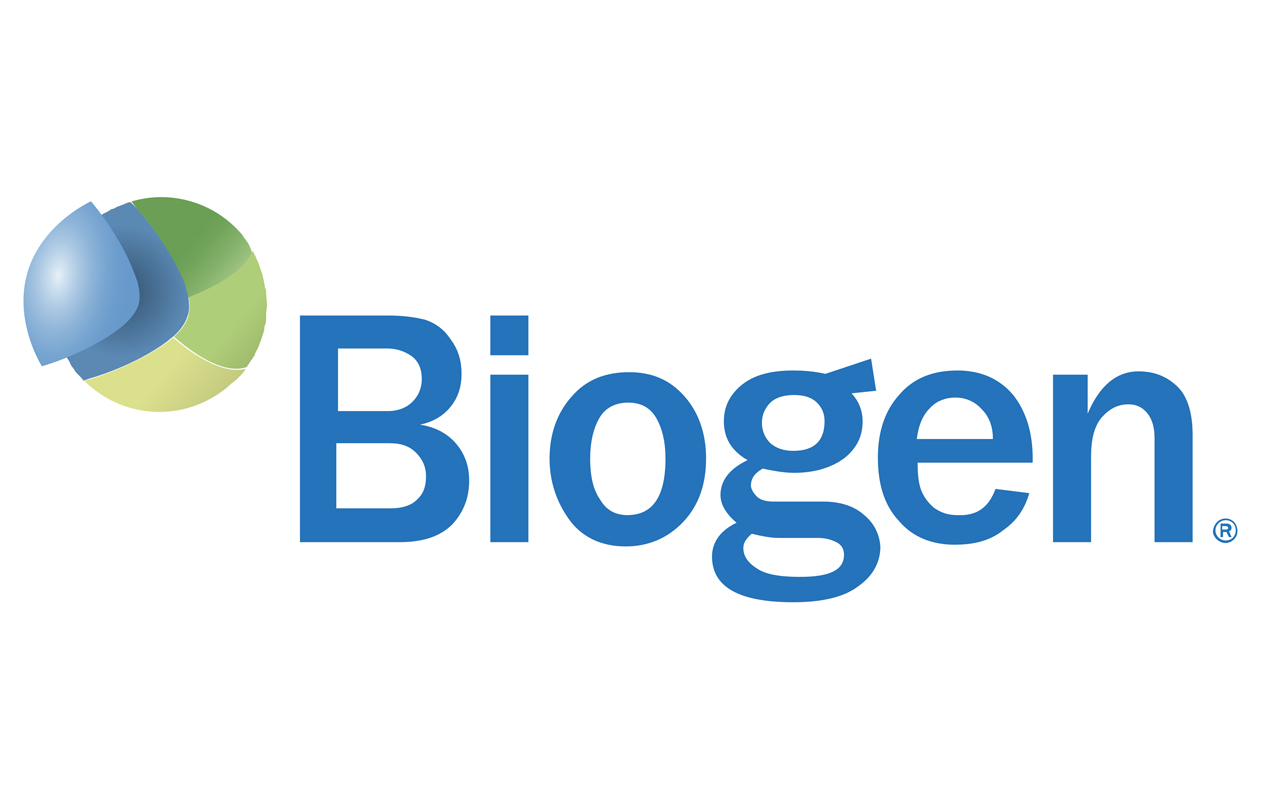
Biogen
- Market value: $59.6 billion
- Dividend yield: N/A
Yes, a biotech stock has earned a spot on a list of workhorse health care names, though Biogen (BIIB, $283.75) isn’t as “biotech-y” as the word normally implies.
Gordon College finance professor Alexander Lowry, a former vice president at JPMorgan Asset Management, explains, “Biogen dominates the market for multiple sclerosis drugs,” and well it should after spending the past 25 years developing treatments for the often-elusive disease. Biogen owns nearly 40% of the $20 billion opportunity and continues to develop drugs for the underserved multiple sclerosis market. A decade’s worth of year-over-year growth in quarterly revenue confirms it’s going to be tough to topple.
Biogen isn’t resting on its laurels … or its MS portfolio, though.
As Lowry also notes, “the company’s experimental drug, called BIIB-037, could become the first disease-modifying treatment for Alzheimer’s.” Alzheimer’s is yet another elusive and poorly treated disease, but BIIB-037 – also called Aducanumab – is a promising monoclonal antibody that abates the amyloid beta plaque that’s believed to clump within the brain of individuals that eventually develop the disease. If it works as hoped, Biogen will have a strong entry in an Alzheimer’s market expected to be worth more than $5 billion by 2022.

Healthcare Services Group
- Market value: $2.7 billion
- Dividend yield: 2.0%
- Healthcare Services Group (HCSG, $37.54) isn’t exactly a household name. But that’s the point. Content to remain in the background, never attracts the attention of would-be competitors. That’s how it has managed to log a decade’s worth of uninterrupted revenue growth.
Healthcare Services Group is the name that runs the cafeteria or laundry service (if not both) for nearly 4,000 health care and senior-living facilities. As long as people need health care or seniors need assisted living, they’ll need such facilities, and those facilities will need to provide food and clean sheets.
Ergo, HCSG is apt to be around for a long, long time.
True, last quarter’s bottom line was crimped by an unexpected surge in unpaid receivables, believed to be an indication that the health care industry’s credit-worthiness is waning as the costs become increasingly difficult to contain. That threat was even enough for Stifel to downgrade HCSG in fears that it would have to focus more on collections than marketing going forward.
Even then, though, the downgrade of Healthcare Services Group still concluded the company housekeeping and dietary services has yet to fully penetrate its market, while the outsourced dietary market itself is just starting to mature in a way that will widen profit margins.
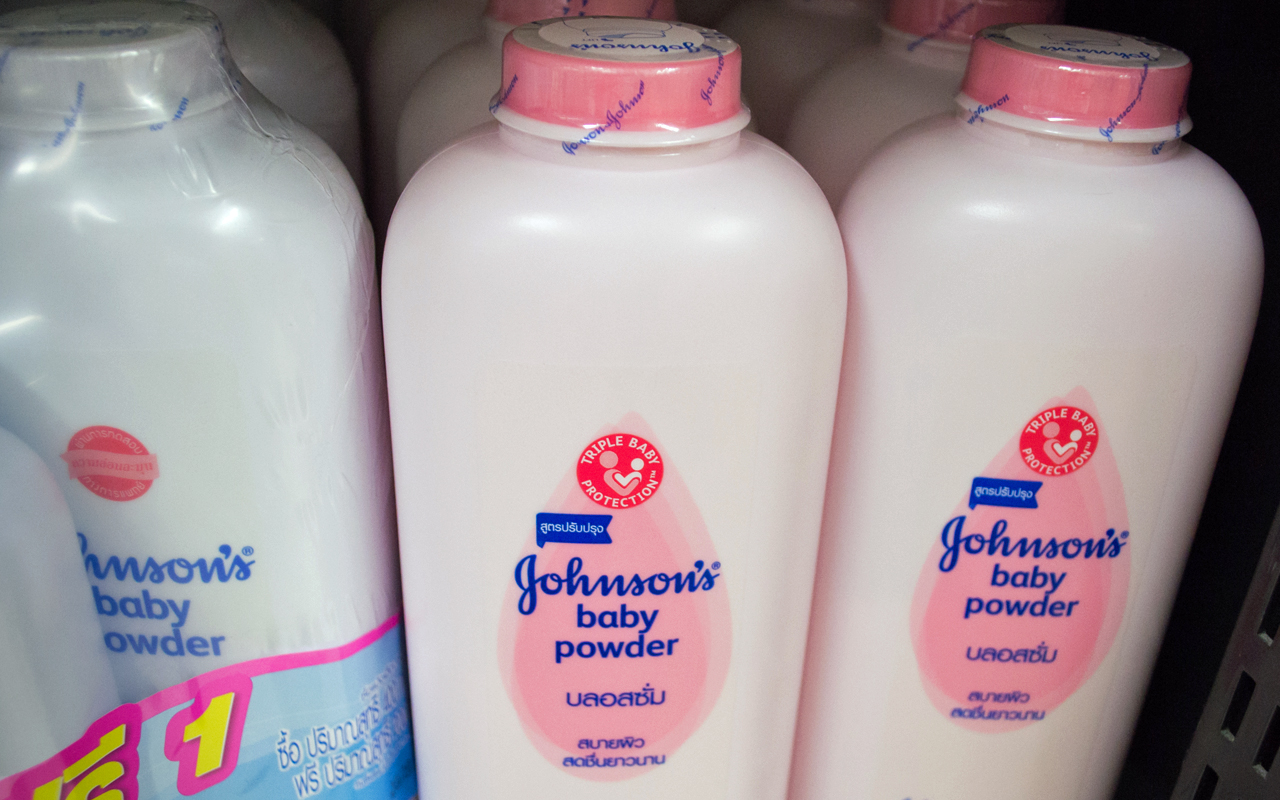
Johnson & Johnson
- Market value: $327.2 billion
- Dividend yield: 2.7%
Cornerstone Financial Services managing partner Daniel Milan calls Johnson & Johnson (JNJ, $123.45) “one of the most well-known and reliable blue chip health care companies today … (it) consistently produces profits due to their diversification in three main businesses. Those being pharma, medical devices and consumer products.”
He’s absolutely right about a diversified product base that’s kept the top and bottom lines growing for the long haul. It’s the company that makes and markets arthritis and gastrointestinal drug Remicade, which generated $6.3 billion in revenue last year, and anyone who’s ever had any sort of surgery has likely (unknowingly) been a beneficiary of one of its devices. Smoothing out any cyclical ebbs and flows of its pharmaceutical and medical device business are consumer products like its baby shampoo, Band-Aids and Tylenol are always in demand.
Milan adds that J&J has a “nice current dividend yield … and should have continued growth going forward as a result of their strong R&D, which currently has 35 treatments in phase 3 (trials).”
In other words, there’s plenty for growth investors and income investors alike to look forward to.
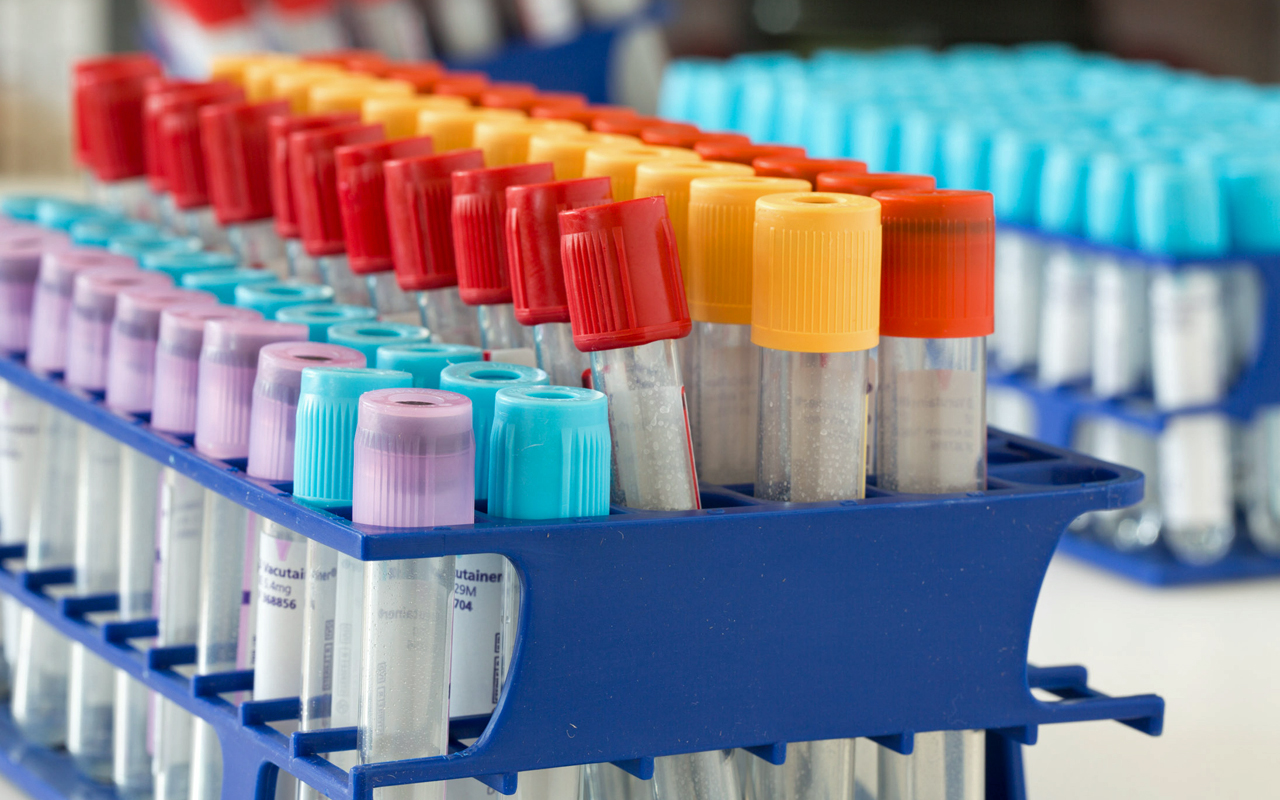
Becton, Dickinson
- Market value: $60.3 billion
- Dividend yield: 1.3%
- Becton, Dickinson (BDX, $226.25) is another one of those oft-overlooked healthcare outfits that thrives despite its relative obscurity. A mix of diagnostic equipment, medication management systems, diabetes care products and more have contributed to years’ worth of consistent revenue and earnings growth.
Yes, those who know the Becton, Dickinson story well will know the past few quarters haven’t exactly been thrilling in terms of profits, or even revenue, for that matter. For the year ending in September, sales fell 2% year-over-year, and for the first fiscal quarter of 2018 ending in December, the company swung to a loss of $174 million.
There’s a significant footnote to add to the discussion. That is, a closer look at BDX’s recent quarterly reveals the bottom line has only been under pressure due to restructuring costs and the impact of new tax laws. Boiling the company’s numbers down to just the basics, it’s still slowly but surely continuing the progress of the past few years.

Envision Healthcare
- Market value: $5.2 billion
- Dividend yield: N/A
- Envision Healthcare (EVHC, $43.09) is yet another one of those overlooked healthcare stocks that quietly continues to log growth on the top and bottom lines.
Envision Healthcare provides a mix of care-delivery solutions. Its physician services arm essentially manages the staffing for hospitals, while its Evolution Health division provides home health solutions. Last but certainly not least, more than 200 surgery centers rely on Envision’s expertise to keep those operations running smoothly and profitably.
If the name rings a bell, it may well be because prolific short-seller Jim Chanos recently railed against the company, suggesting its business model and its billing practices were flawed, and that the company is potentially doomed. Envision argues, though, that it actually is a solution for the nation’s broken healthcare and health insurance system.
Politics and self-serving grandstanding aside, a long-lived steady string of growing operating income also says the industry is just fine with how Envision is doing business.
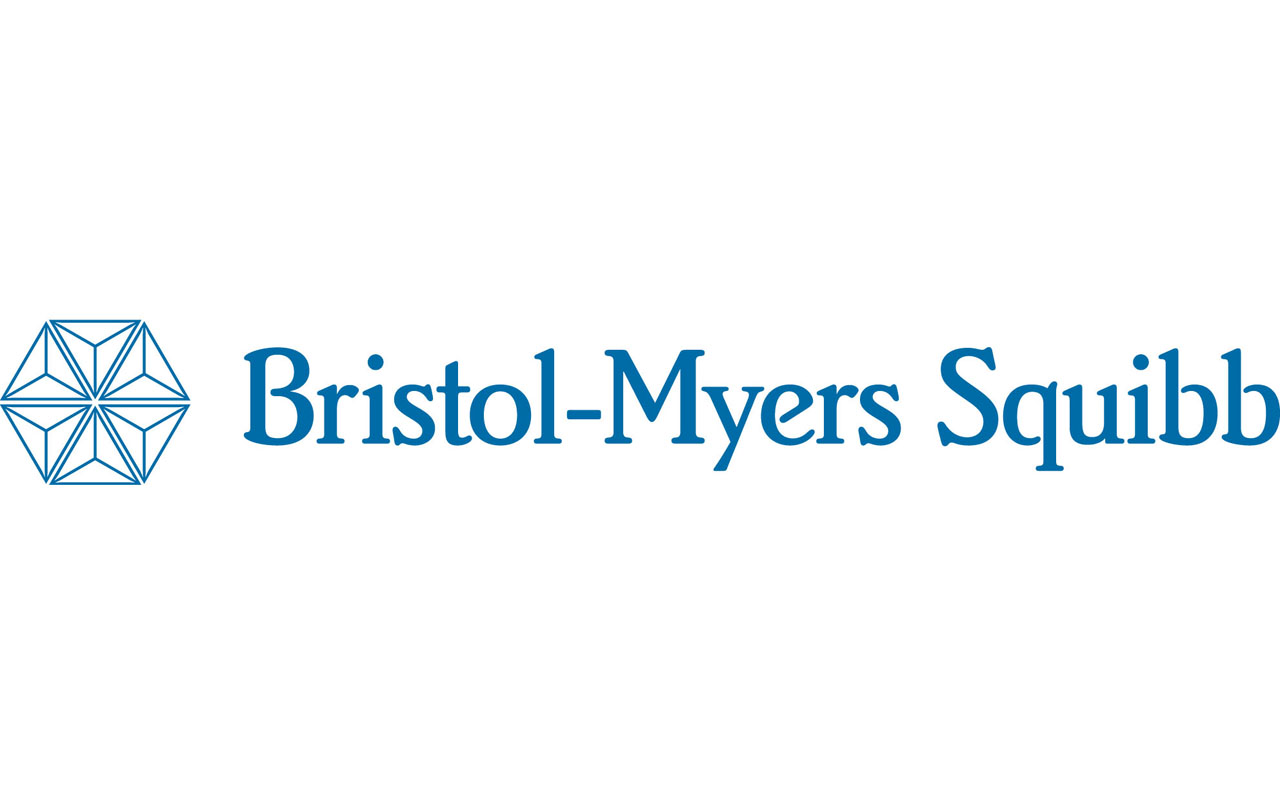
Bristol-Myers Squibb
- Market value: $85.6 billion
- Dividend yield: 3.0%
At the other end of the notoriety spectrum is drugmaker Bristol-Myers Squibb (BMY, $52.50) … the name behind multi-purpose cancer treatment Opdivo and blood-clot preventative Eliquis. Both are relatively young drugs but already have reached a strong stride. The former produced almost $5 billion worth of revenue last year, while the latter wasn’t far behind with sales of $4.9 billion.
It’s not just the explosive growth of the two new-ish therapies that impresses David Bickerton, President of Ohio-based MDH Investment Management. Bickerton also likes the company’s dividend history and yield. BMY presently pays 3% of its price as a dividend, which has risen every year like clockwork since the late 1990s. Better yet, it can more than afford that payout, and shareholders have every reason to believe the projected sales and earnings growth will continue to drive dividend hikes down the road.
Bickerton also is a fan of Bristol-Myers Squibb’s “grade ‘A’ balance sheet” that can “weather any short-term issues that arise.” That balance sheet consists of $6.8 billion in cash and a manageable $8.0 billion in total debt, versus a market cap of $85.6 billion.
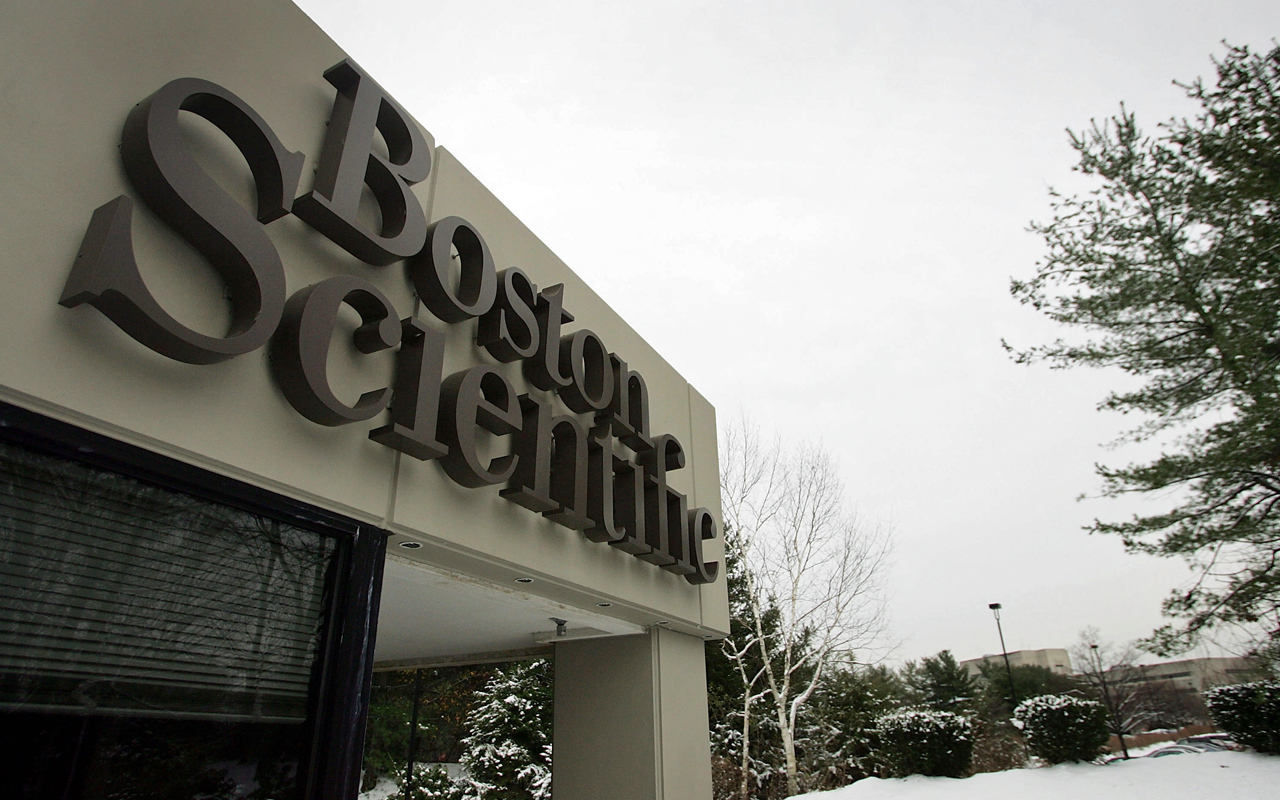
Boston Scientific
- Market value: $42.0 billion
- Dividend yield: N/A
Name any instrument or piece of medical equipment you think you might find in a hospital or clinic, and there’s a good chance Boston Scientific (BSX, $30.46) makes at least one version of it. From heart stents to diagnostic tools to infection-prevention and more, the company’s products are crucial to caregivers.
Boston Scientific was in dire straits not too long ago, calling into question its status as a healthcare workhorse that investors could feel good about latching onto. Through 2013, revenue was waning and the company logged an inordinate number of one-time losses as it searched for a CEO that could turn the ship around. Mike Mahoney finally brought the right chemistry into the corporation when he took the helm in 2012. It took a few more quarters for him to stop the bleeding, but whatever he’s doing is working. Boston Scientific has booked year-over-year revenue growth every quarter since late 2015, and GAAP as well as operating profits are reliable again.
BSX still isn’t cheap among healthcare stocks, priced at nearly 20 times its forward-looking earnings. But Boston Scientific’s turnaround is an encouraging work in progress – one that might be worth the higher price.

DaVita
- Market value: $11.9 billion
- Dividend yield: N/A
Last but not least, add kidney care company DaVita (DVA, $68.53) to a list of healthcare stocks that are abnormally reliable come rain or shine.
DaVita runs more than 2,400 dialysis centers across the country. Would-be rivals find they simply can’t compete with the company’s sheer size and scale. That’s how DaVita has managed a track record of slow (and sometimes not so slow) and steady revenue and profit growth for the past several years.
This is the same DaVita that ran into problems back in 2015 when the company was implicated as an abuser of the Medicare and Medicaid systems. The claims were largely accurate, forcing changes that ended up creating a revenue and earnings headwind for the organization. The company seems to have put the gaffe in the past, though, and is starting to expand the top line again in a healthy, sustainable way.
If it helps to know it, Warren Buffett’s Berkshire Hathaway has held onto its 38 million shares of DVA throughout all of its volatility, perhaps tacitly signaling that changes made them and some divestitures in the works now are going to leave behind an even more powerful, focused cash-generation machine.
Profit and prosper with the best of Kiplinger's advice on investing, taxes, retirement, personal finance and much more. Delivered daily. Enter your email in the box and click Sign Me Up.

-
 The New Reality for Entertainment
The New Reality for EntertainmentThe Kiplinger Letter The entertainment industry is shifting as movie and TV companies face fierce competition, fight for attention and cope with artificial intelligence.
-
 Stocks Sink With Alphabet, Bitcoin: Stock Market Today
Stocks Sink With Alphabet, Bitcoin: Stock Market TodayA dismal round of jobs data did little to lift sentiment on Thursday.
-
 Betting on Super Bowl 2026? New IRS Tax Changes Could Cost You
Betting on Super Bowl 2026? New IRS Tax Changes Could Cost YouTaxable Income When Super Bowl LX hype fades, some fans may be surprised to learn that sports betting tax rules have shifted.
-
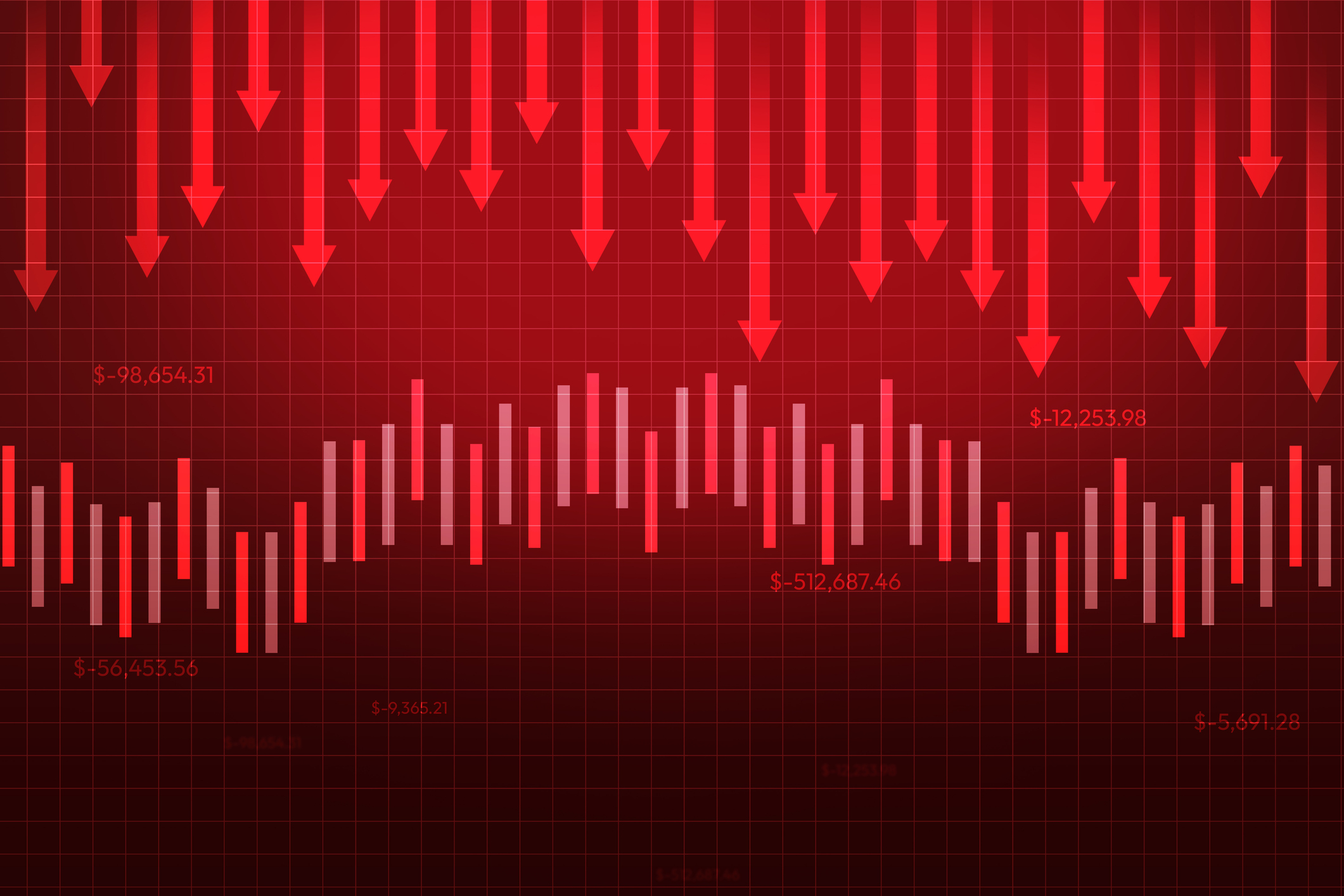 Risk Is Off Again, Dow Falls 397 Points: Stock Market Today
Risk Is Off Again, Dow Falls 397 Points: Stock Market TodayMarket participants are weighing still-solid earnings against both expectations and an increasingly opaque economic picture.
-
 S&P 500 Sees New Highs on Shutdown Day: Stock Market Today
S&P 500 Sees New Highs on Shutdown Day: Stock Market TodayMost of its components were in the red, but the S&P 500 Index still managed to hit a new intraday all-time high.
-
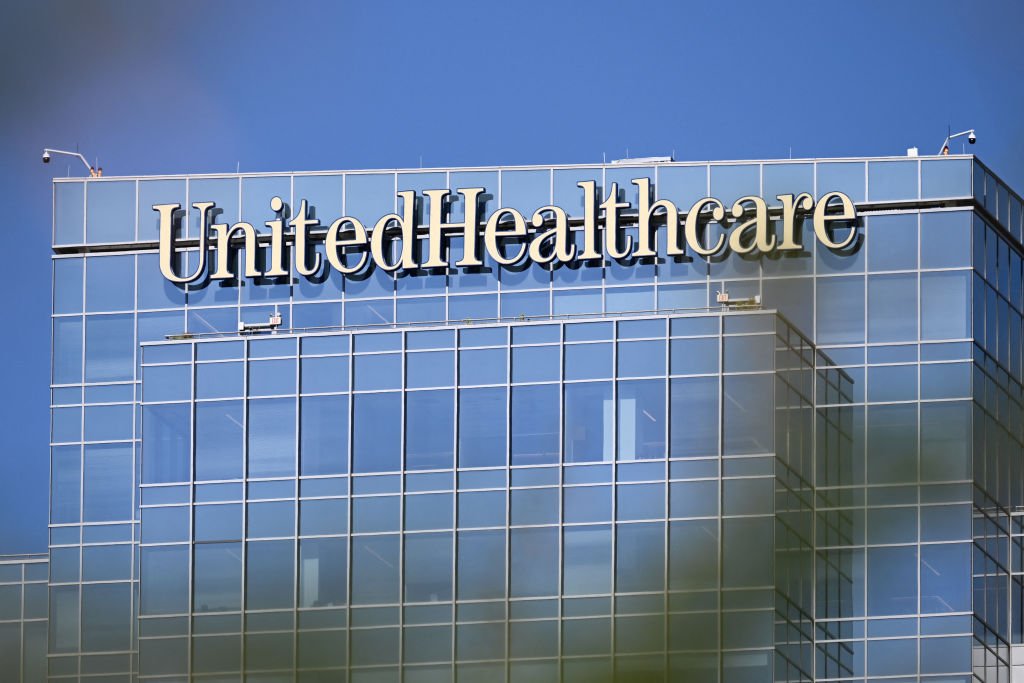 If You'd Put $1,000 Into UnitedHealth Group Stock 20 Years Ago, Here's What You'd Have Today
If You'd Put $1,000 Into UnitedHealth Group Stock 20 Years Ago, Here's What You'd Have TodayUNH stock was a massive market beater for ages — until it wasn't.
-
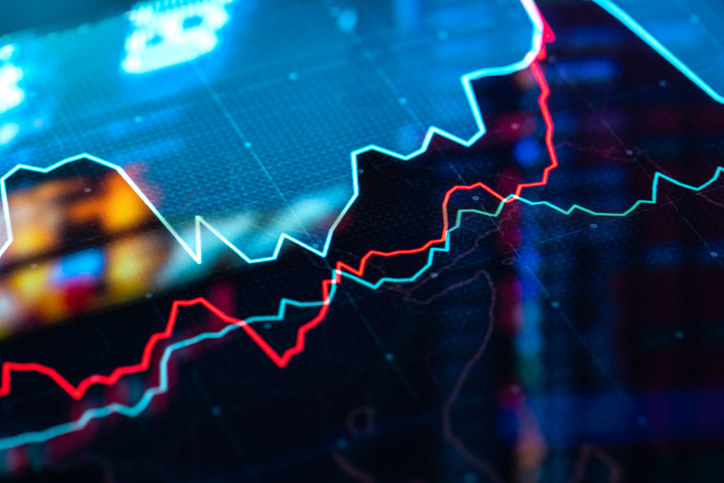 Stocks Can't Hold Meta, Microsoft Gains: Stock Market Today
Stocks Can't Hold Meta, Microsoft Gains: Stock Market TodayThe main indexes all opened higher Thursday on impressive Big Tech earnings, but momentum faded into the close.
-
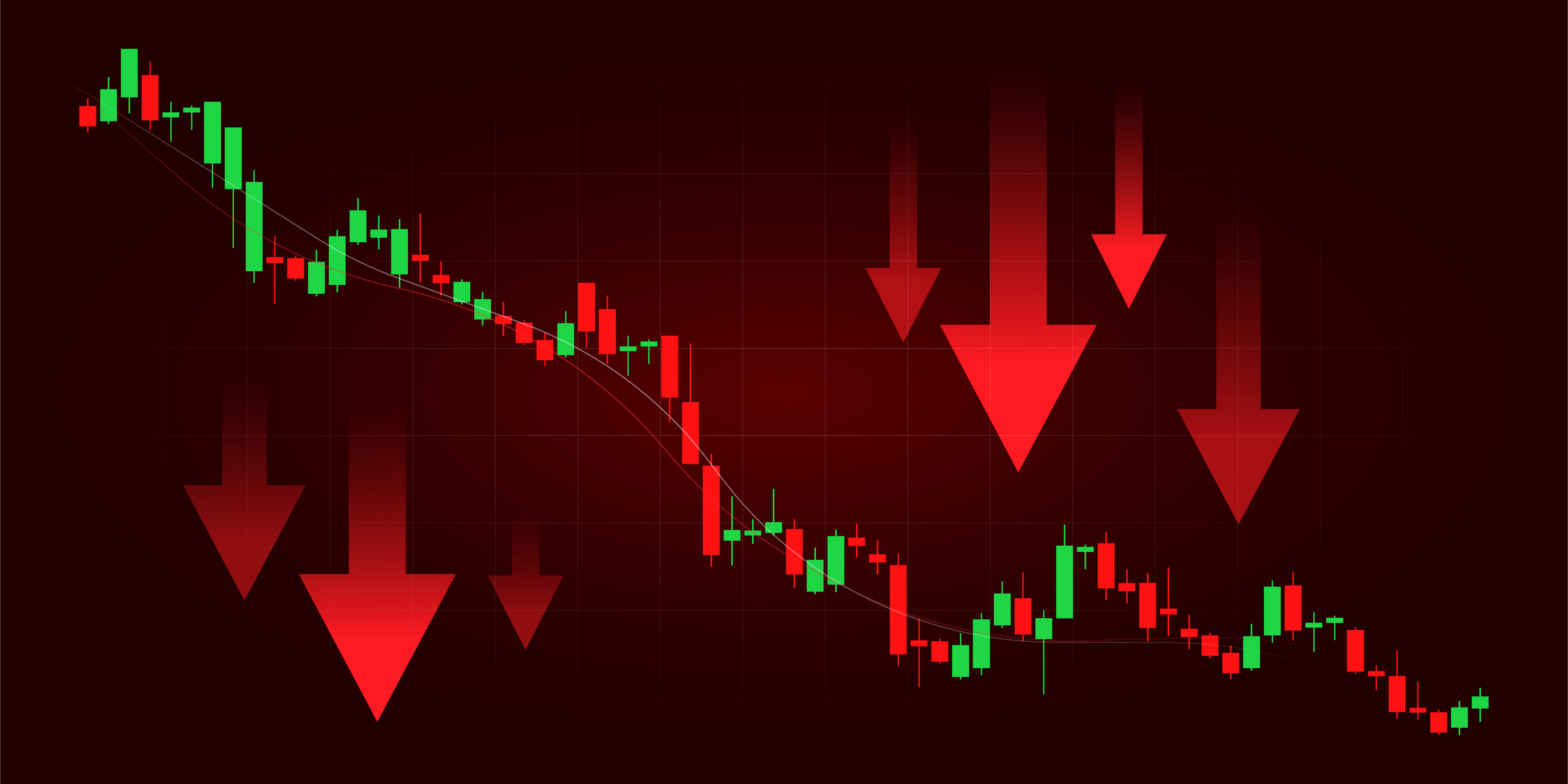 Stocks Are Up and Down on Fed Day: Stock Market Today
Stocks Are Up and Down on Fed Day: Stock Market TodayIn another sign of changing times, JPMorgan has partnered with Coinbase to enable cryptocurrency purchases with credit cards.
-
 Stock Market Today: Nasdaq Outperforms as Big Tech Rallies
Stock Market Today: Nasdaq Outperforms as Big Tech RalliesThe Dow Jones Industrial Average closed lower for a second day as Amgen and Merck fell.
-
 The Best Health Care Stocks to Buy
The Best Health Care Stocks to BuyThe best health care stocks offer investors a defensive hedge in an uncertain market. Here's how to find them.
-
 What to Do With Your Tax Refund: 6 Ways to Bring Growth
What to Do With Your Tax Refund: 6 Ways to Bring GrowthUse your 2024 tax refund to boost short-term or long-term financial goals by putting it in one of these six places.
